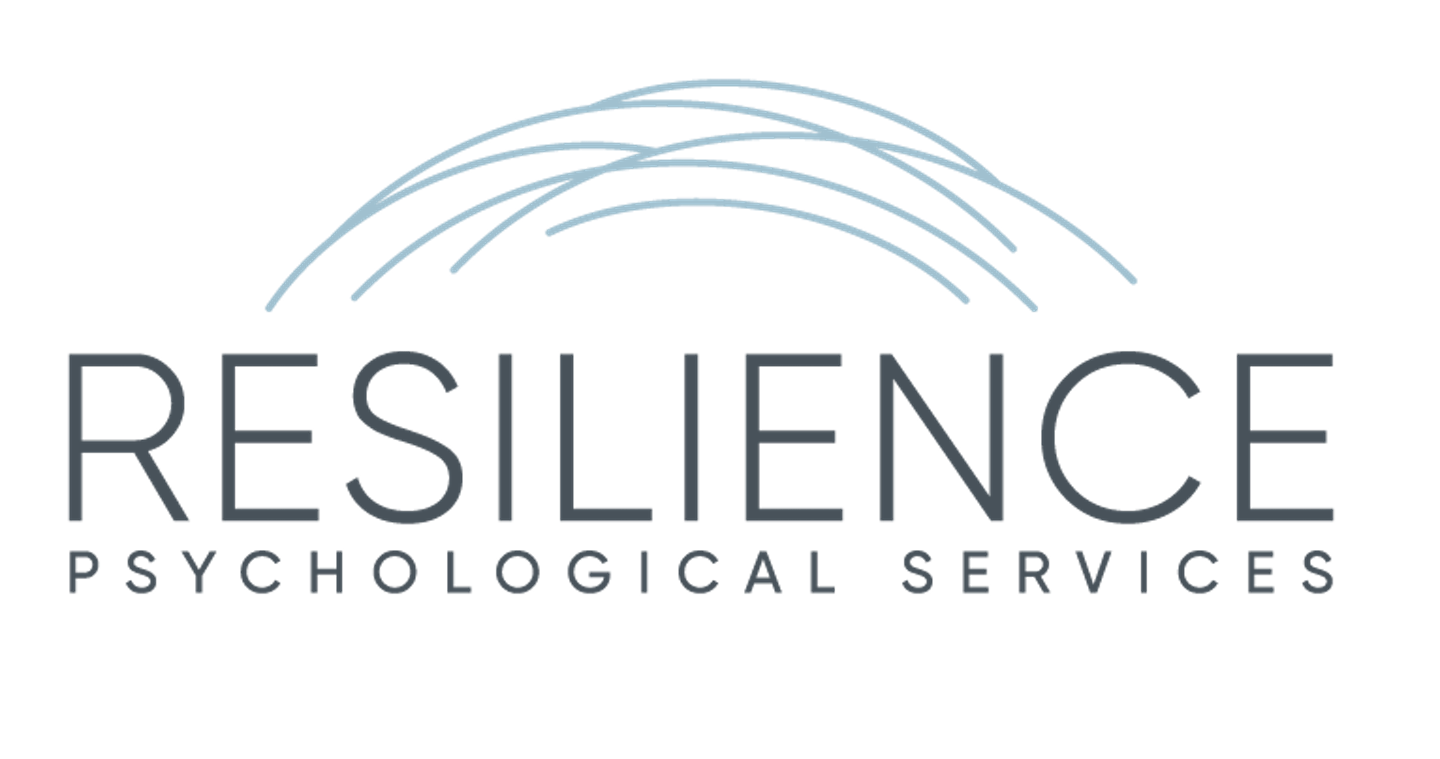what is Poverty Trauma?
Poverty and socioeconomic inequity trauma stem from experiences of financial instability, limited access to resources, and systemic inequalities. These challenges can create a pervasive sense of hopelessness and marginalization, profoundly impacting mental and physical health. Living in poverty often leads to chronic stress, barriers to opportunities, and negative stereotypes that perpetuate cycles of disadvantage.
When individuals face poverty trauma, it can hinder their ability to thrive and develop a strong sense of self. Feelings of shame, isolation, and inadequacy may arise, leading to difficulties in relationships, emotional regulation, and self-worth. The impact can be particularly significant during childhood, as experiences of deprivation can impede identity formation and affect lifelong well-being.
HOW WE CAN HELP
At Resilience, we consider it a privilege to support individuals on their complex healing journey from poverty and socioeconomic inequity trauma. We provide sensitive, compassionate, and inclusive mental health care tailored to your unique experiences.
During our initial sessions, we will work collaboratively to understand your background and establish a sense of trust and safety in our therapeutic partnership. Our therapy will focus on navigating the impact of socioeconomic inequities on your life and how these experiences shape your perceptions of self and the world around you.
Questions to Explore in Therapy
How have your experiences with poverty shaped your self-identity and self-esteem?
Do you struggle to believe you deserve success or happiness due to financial challenges?
How do you perceive your worth in relation to financial stability and societal expectations?
What barriers have you faced in pursuing your personal and professional goals?
Addressing these questions can help you gain insight into how poverty trauma affects your life and relationships.
Common signs
Persistent feelings of shame or guilt regarding your financial status
Difficulty setting and achieving personal or professional goals
Avoidance of social situations due to financial insecurity
Feelings of marginalization or judgment based on socioeconomic status
Chronic stress or anxiety related to finances or resource access
A sense that opportunities are out of reach or unattainable
Healing from poverty and socioeconomic inequity trauma takes time, courage, and support, but it is possible.
We invite you to contact us for a free consultation and take the first step toward reclaiming your sense of worth and agency in your life.



